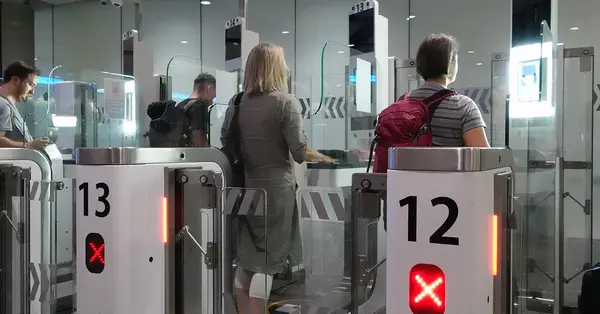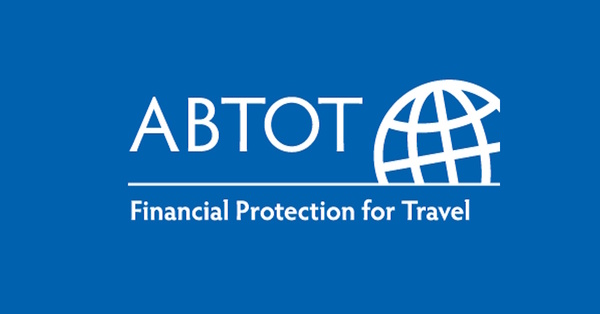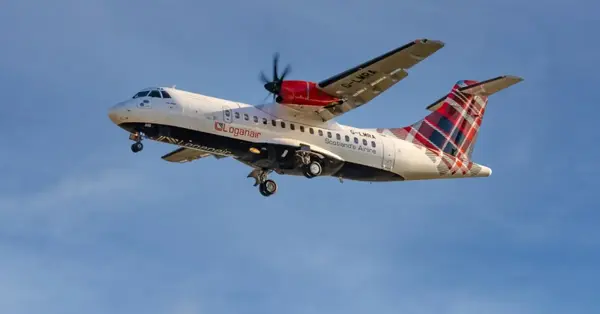You are viewing 1 of your 2 free articles
Transport secretary’s advisors warn against end of financial support and changing travel advice
The Air Travel Insolvency Protection Advisory Committee (Atipac) has issued a series of warnings to the government on the impact of changing travel restrictions, imminent withdrawal of financial support and proposed Atol reform.
The committee, which advises the transport secretary, has warned last-minute changes to travel restrictions risk “a higher level of travel organiser insolvency” and that if the furlough scheme and Coronavirus Business Interruption Loans (CBILS) cease from the end of September “many businesses could fold”.
The warnings appear in Atipac’s annual report published in July which questions whether the government has provided “clarity and confidence” for consumers as the Global Travel Taskforce promised, noting the traffic light system and Foreign Office advice have “created confusion”.
The report calls on the government to review “whether consumer protection is adequate for future public health emergencies” and urges the CAA to phase in its proposed Atol reform “over a manageable period”.
Atipac comprises trade, CAA and consumer group representatives.
Its report argues the furlough scheme and government-backed loans “have been crucial in ensuring companies with no other source of income have continued to operate. If this financial support were to cease in September or before international travel resumes at scale, many businesses could fold.”
It adds: “Last minute changes to travel advice [are] likely to be associated with a higher level of insolvency. Short-notice changes have created a great deal of confusion.
“The traffic light system, in addition to travel advice, has created confusion over . . . travel requirements.”
The report notes cancellations due to the restrictions meant refunds had to be provided “on an extraordinary scale”, creating pressures “in all parts of the travel supply chain”.
It notes the refund credit note (RCN) regime necessitated by this falls “outside the consumer rights framework” and calls on the government to “review whether consumer protection is adequate for future public health emergencies”.
The report also welcomes the government pledge to give the CAA stronger powers to take action against airlines for failing to make refunds.
Atipac notes 34 Atol holders failed in the 12 months to March this year – “the largest number for many years”.
An estimated 68,000 consumers were affected. However, two-thirds of these were the result of just two failures – Fleetway Travel in July 2020 (15,000) and STA Travel in August (32,000).


















